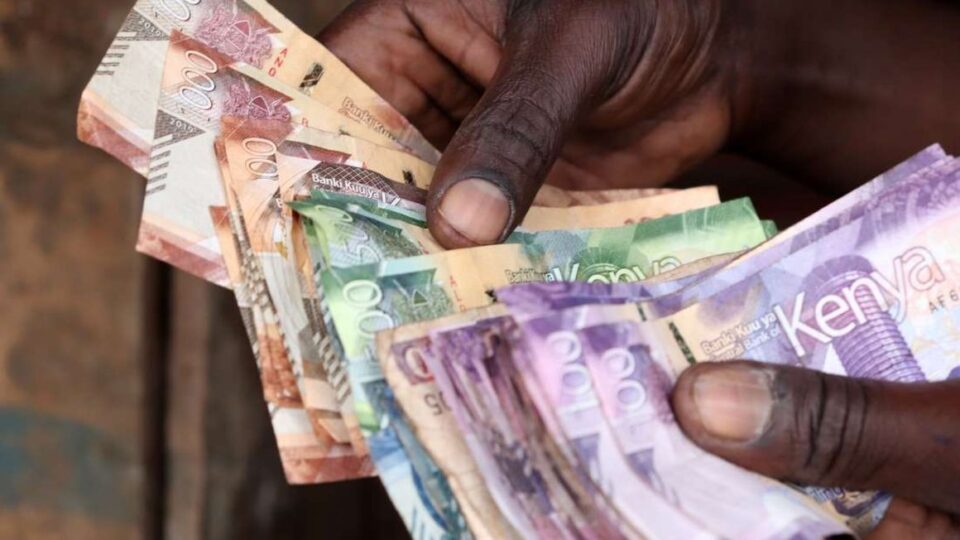IN SUMMARY
- Data shows that the average return on savings has slipped to the lowest point since August 2016 when it was recorded at 1.68 per cent.
- Ordinarily, the savings rate covers for inflation. However, the rate has been lower than the inflation since 2017, meaning the real value of cash saved is being eroded over time.
The savings rate offered by banks dipped to an average 3.78 percent in September, the lowest in four years on high liquidity, new data by the Central Bank of Kenya (CBK) shows.
Data shows that the average return on savings has slipped to the lowest point since August 2016 when it was recorded at 1.68 per cent. The rate stood at 4.25 per cent in January this year but has been on steady fall — a trend that encourages more individuals and business to keep hard cash outside the formal banking system.
The savings rate generally indicates how much interest a saver would earn on their regular savings and not termed deposits, which usually earn a much higher rate, which was quoted at 6.41 per cent in September.
“There is reduced demand for cash for onward lending by banks as a result banks have reduced their savings and deposit rates,” said Kenya Bankers Association chief executive Habil Olaka said.
“Because of the pandemic, banks have become risk-averse to avoid an increase in their bad loans. This is why lending to the private sector is not growing as it should, as a result, their appetite for cash is not growing hence banks are not giving a lucrative deal to savers.”
Ordinarily, the savings rate covers for inflation. However, the rate has been lower than the inflation since 2017, meaning the real value of cash saved is being eroded over time, and they are getting a raw deal.
“The containment measures led to a reduction in cash circulation, meaning banks are holding a lot of cash, banks also have to reduce their interest expense on customer deposits especially during this hard times and without a floor on what least to pay a depositor then they can set the rates low,” said Mentoria Economists chief economist Ken Gichinga.
There's no story that cannot be told. We cover the stories that others don't want to be told, we bring you all the news you need. If you have tips, exposes or any story you need to be told bluntly and all queries write to us [email protected] also find us on Telegram

